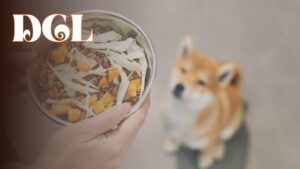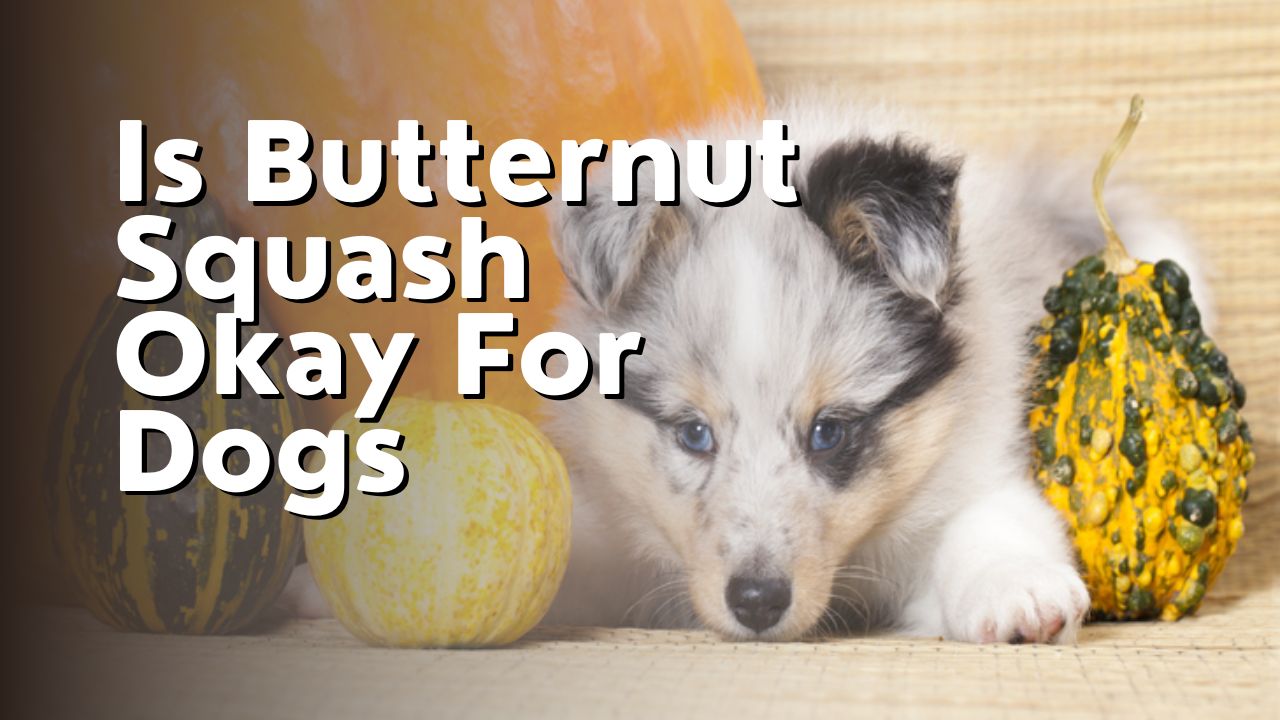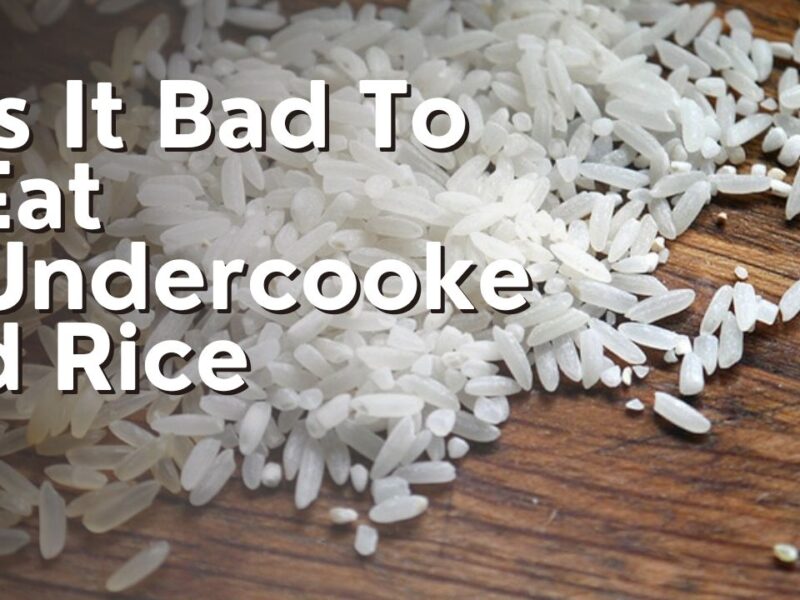I’ve always been curious about what foods are safe and healthy for my furry friend to enjoy. One particular vegetable that caught my attention is butternut squash. So, is butternut squash okay for dogs?
Well, the good news is that it is! Not only is butternut squash safe for dogs, but it also provides numerous nutritional benefits. Packed with vitamins A and C, fiber, and antioxidants, this vibrant vegetable can be a great addition to your pup’s diet.
But before you start adding it to their meals, it’s important to know how to properly prepare and serve it to ensure maximum benefits. Additionally, it’s crucial to be aware of any potential risks and precautions associated with feeding butternut squash to dogs.
So, let’s dive into all the details and learn how to incorporate this delicious and nutritious veggie into our dog’s meals.
Nutritional Benefits of Butternut Squash for Dogs
You’ll be pleasantly surprised by how butternut squash can provide a nutrient-packed boost to your furry friend’s diet. Not only is butternut squash safe for dogs to eat, but it also offers a range of nutritional benefits.
This delicious vegetable is low in calories and fat, making it a healthy addition to your dog’s meals.
Butternut squash is rich in vitamins A, C, and E, as well as potassium and fiber. These nutrients help support your dog’s immune system, promote healthy skin and coat, and aid in digestion. Vitamin A is particularly important for maintaining good eyesight, while vitamin C acts as an antioxidant, protecting cells from damage. The fiber content in butternut squash can also regulate your dog’s bowel movements and promote a healthy digestive system.
When feeding your dog butternut squash, it’s essential to cook it thoroughly and remove the skin and seeds. Raw or unripe squash can be difficult for dogs to digest and may cause stomach upset. Additionally, the seeds can pose a choking hazard or potentially cause an intestinal blockage.
Overall, butternut squash is a safe and nutritious addition to your dog’s diet. Just remember to introduce it gradually and in moderation, and always consult with your veterinarian before making any significant dietary changes for your furry friend.

How to Prepare Butternut Squash for Dogs
There are simple ways to make a tasty treat for your furry friend using this versatile vegetable. Butternut squash can be prepared in various ways to ensure that your dog can enjoy it safely and deliciously. Here are a few methods you can try:
- Baked Butternut Squash: Preheat your oven to 400°F (200°C). Cut the squash in half lengthwise, remove the seeds, and place the halves on a baking sheet. Bake for about 45 minutes or until the flesh is soft. Scoop out the cooked squash and serve it as a side dish or mix it with your dog’s regular food.
- Steamed Butternut Squash: Peel and cube the squash, then steam it until it becomes tender. You can use a steamer basket or a microwave-safe dish with a little water. Once steamed, mash the squash or cut it into small pieces for your dog to enjoy as a nutritious snack.
- Frozen Butternut Squash Treats: Blend cooked butternut squash with a little water or low-sodium broth until smooth. Pour the mixture into ice cube trays and freeze. These frozen treats can be given to your dog on hot days or used as a reward during training sessions.
By preparing butternut squash in these ways, you can provide your dog with a healthy and tasty treat that they will love.
Potential Risks and Precautions
When it comes to feeding butternut squash to dogs, it’s important to be aware of potential risks and take necessary precautions.
One key concern is allergies and sensitivities, as some dogs may have adverse reactions to certain foods.
Additionally, digestive issues and upset stomachs can occur if the squash is not prepared and served properly.
Lastly, it’s crucial to monitor for signs of overfeeding or weight gain, as butternut squash should be given in moderation as part of a balanced diet.
Allergies and Sensitivities
Butternut squash can sometimes trigger allergies or sensitivities in dogs. Just like humans, dogs can have adverse reactions to certain foods. While butternut squash is generally safe for dogs to consume, it’s important to be aware of potential allergies or sensitivities. Some dogs may experience digestive issues or skin irritations after eating butternut squash. If you notice any unusual symptoms in your dog after feeding them butternut squash, it’s best to consult with your veterinarian. They can help determine if your dog has an allergy or sensitivity to butternut squash and provide appropriate guidance. Remember, every dog is different, so it’s essential to pay attention to your dog’s individual needs and reactions to certain foods.
| Allergy/Sensitivity Symptoms | What to Do |
|---|---|
| Digestive issues | Monitor your dog’s symptoms and consult with your veterinarian. |
| Skin irritations | Check for any signs of redness, itching, or rashes. Contact your veterinarian for further evaluation. |
Digestive Issues and Upset Stomach
When introducing new foods into a dog’s diet, it’s crucial to be mindful of digestive issues and upset stomach. Certain ingredients may not sit well with their sensitive systems. Butternut squash can be a healthy addition to a dog’s diet, but it’s important to introduce it slowly and in moderation. Here are three things to keep in mind:
- Fiber content: Butternut squash is high in fiber, which can be beneficial for dogs with digestive issues. However, too much fiber can cause diarrhea or flatulence. Start with small amounts and monitor your dog’s reaction.
- Preparation: Cook the butternut squash thoroughly before feeding it to your dog. Raw or uncooked squash can be difficult for dogs to digest and may cause stomach upset.
- Other ingredients: If you’re adding butternut squash to your dog’s meals, make sure to avoid seasonings, oils, or other ingredients that could upset their stomach. Stick to plain, cooked squash to minimize the risk of digestive issues.
Monitoring for Signs of Overfeeding or Weight Gain
Make sure to keep an eye out for any signs that you may be overfeeding your furry friend or if they are starting to gain weight. It’s important to monitor your dog’s weight and body condition to ensure they stay healthy.
Overfeeding can lead to obesity and other health issues. One way to monitor their weight is by regularly weighing them or by feeling their ribs. If you can’t easily feel their ribs, it may be a sign that they are gaining weight.
Additionally, you should pay attention to their energy levels. If your dog is becoming less active or seems lethargic, it could be a sign that they are gaining weight.
By being mindful of their portion sizes and monitoring their weight, you can help keep your furry friend at a healthy weight.

Incorporating Butternut Squash into Your Dog’s Meals
Including butternut squash in your dog’s meals can be a sophisticated way to introduce a new and nutritious ingredient to their diet. Not only is butternut squash safe for dogs to eat, but it also offers a range of health benefits.
This versatile vegetable is low in calories and high in fiber, making it a great addition to your dog’s meals if they need to lose weight or maintain a healthy weight. The fiber content in butternut squash can also aid in digestion and promote regular bowel movements for your furry friend.
When incorporating butternut squash into your dog’s meals, it’s important to prepare it properly. Start by cooking the squash until it is soft and can be easily mashed. Avoid adding any seasoning or spices, as these can be harmful to dogs.
Once the squash is cooked, you can mash it and mix it with your dog’s regular food. Start with small amounts to see how your dog reacts and gradually increase the portion size if they enjoy it.
As with any new food, it’s essential to monitor your dog for any signs of digestive upset or allergies. If you notice any adverse reactions, such as vomiting or diarrhea, discontinue feeding butternut squash and consult your veterinarian. Remember, every dog is different, so what works for one may not work for another.
Butternut squash can be a healthy and nutritious addition to your dog’s meals, but always introduce new foods cautiously and in moderation.
Consulting with Your Veterinarian
When it comes to your furry friend’s health and well-being, don’t hesitate to reach out to your veterinarian for guidance and support. Consulting with your veterinarian is important, especially when introducing new foods like butternut squash into your dog’s meals.
Your veterinarian is the best resource for determining if butternut squash is okay for your dog. They can provide personalized advice based on your dog’s specific needs and health conditions. They can also help you determine the appropriate portion size and frequency of incorporating butternut squash into your dog’s diet.
Additionally, your veterinarian can guide you on how to prepare butternut squash for your dog. They can advise you on whether it should be cooked or served raw, and if any seasonings or additives should be avoided. They can also inform you about any potential allergies or sensitivities that your dog may have to butternut squash.
By consulting with your veterinarian, you can ensure that you are making the best choices for your dog’s nutrition and overall health. They can provide the necessary guidance and support to help you navigate any concerns or questions you may have about incorporating butternut squash into your dog’s meals.
Remember, your veterinarian is there to help you make informed decisions and keep your furry friend healthy and happy.
Frequently Asked Questions
Can dogs eat butternut squash seeds?
Dogs can eat butternut squash seeds in moderation. They are a good source of fiber and essential nutrients. However, it’s important to remove the seeds’ hard shells to prevent choking or digestive issues.
How much butternut squash should I feed my dog?
I should feed my dog a small amount of butternut squash as a treat or addition to their regular diet. It can be beneficial for their overall health, but moderation is key.
Can butternut squash cause digestive problems in dogs?
Butternut squash can cause digestive problems in dogs if fed in large quantities or if they have a sensitive stomach. It’s important to introduce it slowly and monitor for any adverse reactions.
Are there any other vegetables that are safe for dogs to eat?
Yes, there are many other vegetables that are safe for dogs to eat. Some examples include carrots, green beans, and sweet potatoes. It’s important to always check with your vet and introduce new foods slowly.
What are some alternative ways to incorporate butternut squash into my dog’s diet?
Some alternative ways to incorporate butternut squash into my dog’s diet include steaming or baking it, pureeing it and mixing it with their regular food, or even making homemade dog treats with it.
Conclusion
In conclusion, butternut squash can be a healthy addition to your dog’s diet. It provides various nutritional benefits such as vitamins, fiber, and antioxidants.
By properly preparing and serving it, you can incorporate butternut squash into your dog’s meals. However, it is important to consult with your veterinarian to ensure it is suitable for your dog and to determine the appropriate serving size.
With the right precautions, butternut squash can be a tasty and nutritious treat for your furry friend.


